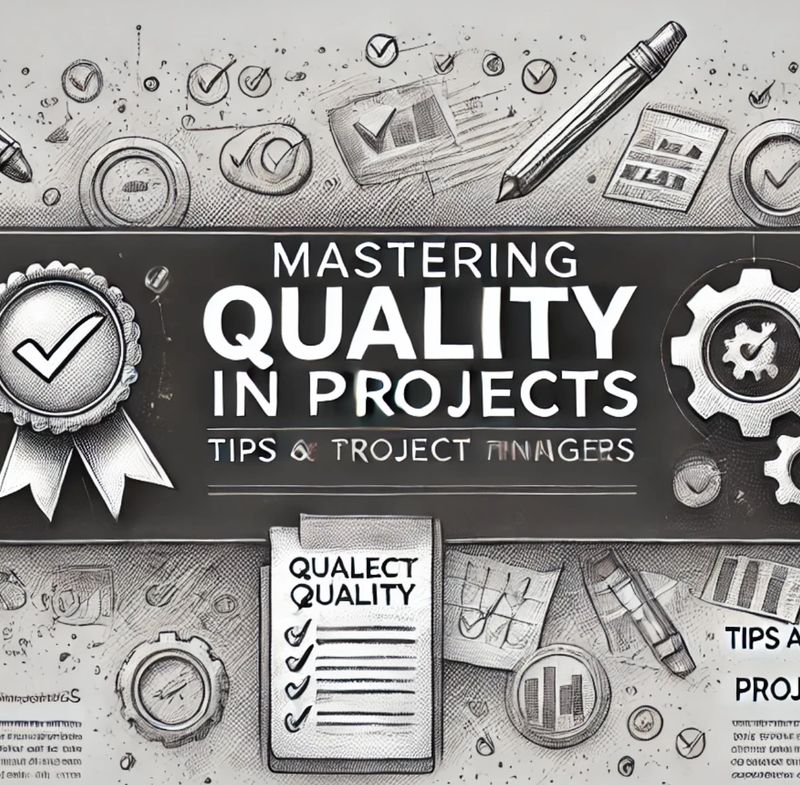The Psychology of Leadership and How to Inspire Your Team

Understanding the Psychology of Leadership
At its core, leadership is about influence. Great project managers know that inspiring their teams starts with understanding individual and group behaviors. People aren't motivated by tasks alone; they are driven by meaning, recognition, and the chance to grow.
1. Build Trust First
Strong relationships are the foundation of effective leadership. Trust is built through honesty, consistency, and empathy. For example, when a team member struggles with a task, listening without judgment and offering constructive solutions shows them you care. This fosters loyalty and boosts morale.
2. Recognize Individual Strengths
A great leader knows their team's talents. Recognizing unique strengths not only empowers individuals but also makes delegation more effective. For instance, if someone excels at creative problem-solving, involve them in brainstorming sessions for project challenges.
3. Create a Vision That Resonates
People want to feel their work matters. Share the "why" behind your project. Instead of saying, "We need to finish this by Friday," try explaining, "This project will help our company improve customer satisfaction, and your contributions make that possible." Purpose fuels engagement.
Strategies to Inspire Your Team
Leadership isn't about barking orders—it's about creating an environment where people feel motivated and valued. Here’s how you can inspire your team effectively:
1. Lead by Example
Actions speak louder than words. If you want your team to be punctual, productive, and innovative, model those behaviors yourself. For instance, tackling difficult tasks with a positive attitude demonstrates resilience and sets the tone for the team.
2. Celebrate Progress, Not Just Results
Motivation thrives on recognition. Celebrating small wins keeps momentum alive. For example, after completing a challenging milestone, take a moment to thank your team in a meeting, highlighting their efforts and contributions. It reminds them they’re valued.
3. Foster a Growth Mindset
Encourage your team to see challenges as opportunities to grow. Offer constructive feedback and frame mistakes as learning experiences. When a deadline is missed, instead of focusing on failure, discuss what the team can do differently next time to improve. This builds resilience and trust.
Emotional Intelligence: The Key to Leadership
Emotional intelligence (EQ) is a project manager’s secret weapon. It helps you understand your team’s emotions, manage conflict, and create a positive atmosphere.
1. Practice Active Listening
Communication isn’t just about talking; it’s about listening. During team meetings, pay attention to non-verbal cues like body language, and ask follow-up questions to show genuine interest in what people are saying. This makes team members feel heard and valued.
2. Manage Stress Effectively
Stress is inevitable in project management, but how you handle it sets the tone for your team. Stay calm under pressure, and your team will follow suit. For example, if a deadline feels impossible, reframe the situation by focusing on actionable steps rather than the pressure.
3. Cultivate Empathy
Empathy helps you connect with your team on a human level. Understand their challenges and support them through tough times. For instance, if someone is dealing with personal issues, offer flexibility where possible, and express your willingness to help.





